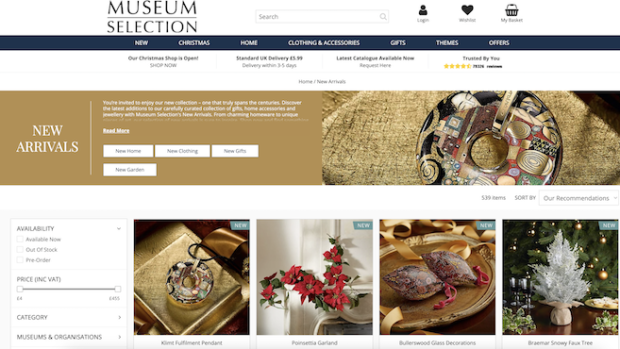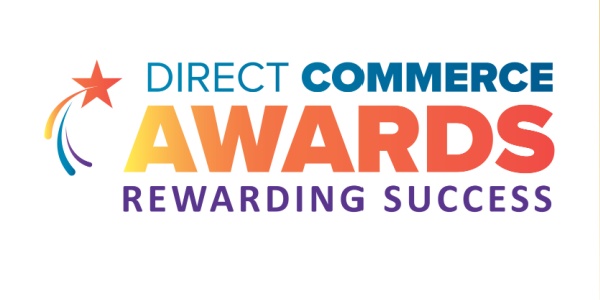Speaker Guidelines for Direct Commerce Association Events
Whilst it is appreciated that for most people, speaking at a DCA event is an opportunity to raise their personal and company profile within the industry, we have decided to issue guidelines to ensure that both the speaker and the audience get the maximum benefit from such events. Outlined below are speaker guidelines for main stage presentations, for 5-minute presentation slots, for hosting round table discussions, and panel participation at DCA events.
Main stage & plenary presentations:
All presentations should adhere to one or more of the following:
- Be new and unique to the DCA audience and not have been presented at other events prior to the DCA date and wherever possible include sector relevant case studies or examples
- Be informative – content must be relevant to both the headline issue of the day and the industry overall
- Educational/best practice – you should aim to provide some form of education and insight for the audience around current industry best practice. Examples and case studies are especially beneficial
- An exchange of industry ideas and information – perhaps using insight gathered from other countries or sectors which are comparable
- For supplier companies, if speaking around a specific topic you must ensure that the content is broad in scope i.e. referencing all supplier companies in the sector and not merely your own
In addition, all presentations must:
- Contain key take-aways – information you believe is of benefit to share with the DCA membership and which the audience will derive benefit from
- Be provided for publication to the DCA website post-event
Presentations must definitely not:
- Be self-promotional
- An overt sales pitch
- Contain details around your company’s pricing
- Offer incentives for your company’s products
- Be supplier company specific
All presentations should be submitted to DCA one week prior to any event. Should the presentation not follow the above guidelines you should be prepared to change it at short notice.
Panel participation:
Expert speaker panels are a key component of many DCA events and provide members with the opportunity to hear from a range of speakers on tightly scoped topics. All panel members are invited to participate on the basis of their willingness to share key insight, drawing real world experience, and to engage in Q&A interchange with fellow panellists and the audience. Again we ask that panel members refrain from self-promotion or overt sales pitching and instead focus on contributing expertise and relevant comment to the overall discussion. These panel sessions are ordinarily chaired and the person taking the role of chair will provide a brief. The points shown under “Main stage & plenary presentations” above also need to be adhered to for panel participation.
5 minute presentation slots:
At certain DCA events there may be opportunities for consultants and supplier member representatives to deliver strictly timed 5 minute presentations to introduce new thinking, new products and solutions to the assembled audience. These presentations will be grouped together so as to provide DCA members with a snapshot of new-to-market opportunities that may help their businesses. These slots enable presenters to speak specifically about their own products and services in a brief form and are at their most successful when they focus on benefits.
Hosting a round table:
Round table and small group break-out discussions form an important part of some DCA events and enable delegates to focus on specific topics that are of deep interest to them, in the company of like-minded peers. Those hosting these “events within a DCA event” should aim to facilitate the swapping of ideas and information amongst the delegates attending. As with presentations, round tables must not be used a sales pitch, or be self-promotional.
Guidelines for a successful round table or break-out discussion are:
- Facilitate the making introductions so that each participant knows about their fellows and what their primary objectives are in choosing this topic
- Set out a brief agenda – define the main topic and what you plan to cover
- Ensure that attendees are aware this is an opportunity to swap information, it is not a presentation, and encourage questions throughout
- Ensure a balance of you speaking and others contributing
- Distribute session evaluation forms at the end to all attendees








Share